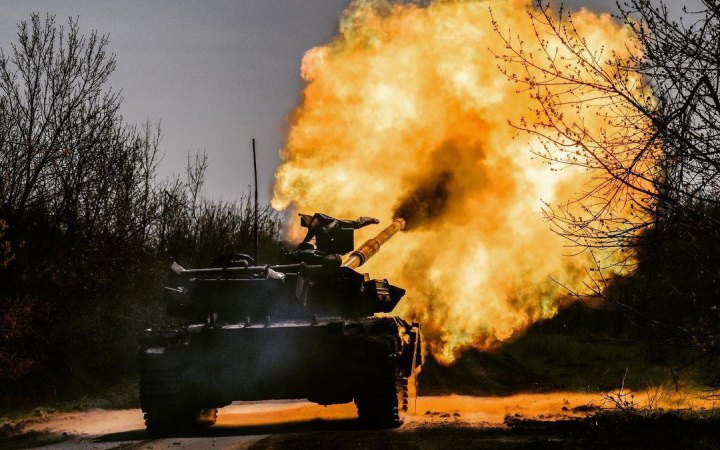If the war ends in a scenario that our society considers victorious, we will see a country that has achieved a moment of national triumph, regained its sovereignty and sense of capability. Ukraine will be a European country that is grateful to its partners and committed to reform. Moreover, using the experience of Western countries, advocates of these reforms will be able to implement them in Ukraine. But what happens if the war ends in a scenario that society considers a defeat?
It is not only about objective factors, but also about perception. In March 2022, we were ready to consider the access to the borders on 23 February a victory in the war. Today, we are not ready to accept anything less than the 1991 borders.
The plasticity of public expectations means that even if the war ends according to a scenario that well-known experts consider to be a victory, this will not prevent society from considering it a loss. Thus, a resentment will be generated, and once immersed in it, Ukraine will not resemble the countries it wants to be equal to. We will become much more like Hungary, and the arguments of Eurosceptics will be supplemented by the constant mention of the West's betrayal, which did not allow us to achieve the desired result.
The policy of resentiment is not a very promising scenario for development
The dichotomy of our future is built around a juxtaposition. One scenario is described by the formula "we must". There will be people who will say, "Let's work on our mistakes, let's not waste time, let's become a better version of ourselves”.
Others will promote the "we are owed" narrative. This group may be larger than the first one. It will promote the idea that Ukraine has protected everyone at the cost of its own sacrifice and losses. That is why now the conventional West has no right to demand anything from us, only to give.
If we have to choose between these two paths, the second one is clearly not the best one.
We live in a system of space of life shifts
When we are all on the verge of "betrayal," we need to remember the planning horizon of 1 March, 2022, and what we considered a victory then. Many illusions were lost in Western capitals, in particular, about the "second army of the world." And when they looked at the conventional east of Europe, they looked at Moscow, not Kyiv. In the past year and a half, the perception of what is real, possible, and impossible has changed in the imagination of Western countries. We need to continue to work with the idea of reality and get rid of our own fears.
It is also worth noting that according to opinion polls, we see a high level of unity in society. This has probably never happened before. But at the same time, there is a risk of internal splits. This includes political strife, increased tension between the military and civilians, attitudes toward collaborationism, and so on. And this should not turn into confrontation. During a full-scale war, the only politician is the Armed Forces. The only space of politics is war.
I recall the words of the French writer Ernest Renan, who dealt with the issue of nation-building. He said that in order for a nation to take place, the nation must be able not only to remember everything, but also to forget something. For example, the French would never have established themselves as a nation if they were constantly reminding each other of Bartholomew's Night.
We need to understand for ourselves what things we need to forget and what things we need to remember in order to be immune from mistakes in the future.
The material is published as part of the partnership between Days of Ideas and LB.ua. The goal of the Days of Ideas is to inspire participants with new practices, promote synergy, and jointly search for answers to important questions. The Days of Ideas are organised by The Aspen Institute Kyiv and Impact Hub Odesa.
The material is a transcript of Pavlo Kazarin's speech during the Days of Ideas held on 20 July 2023 in Dnipro.









